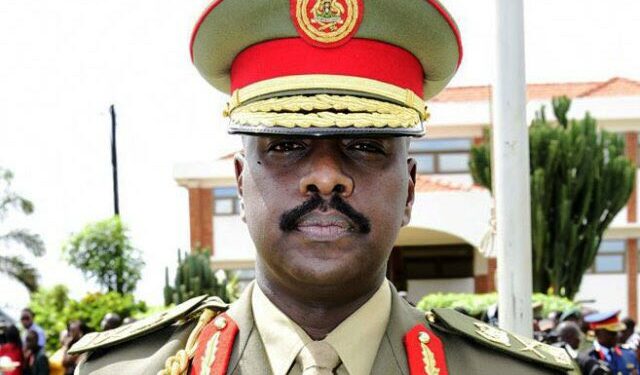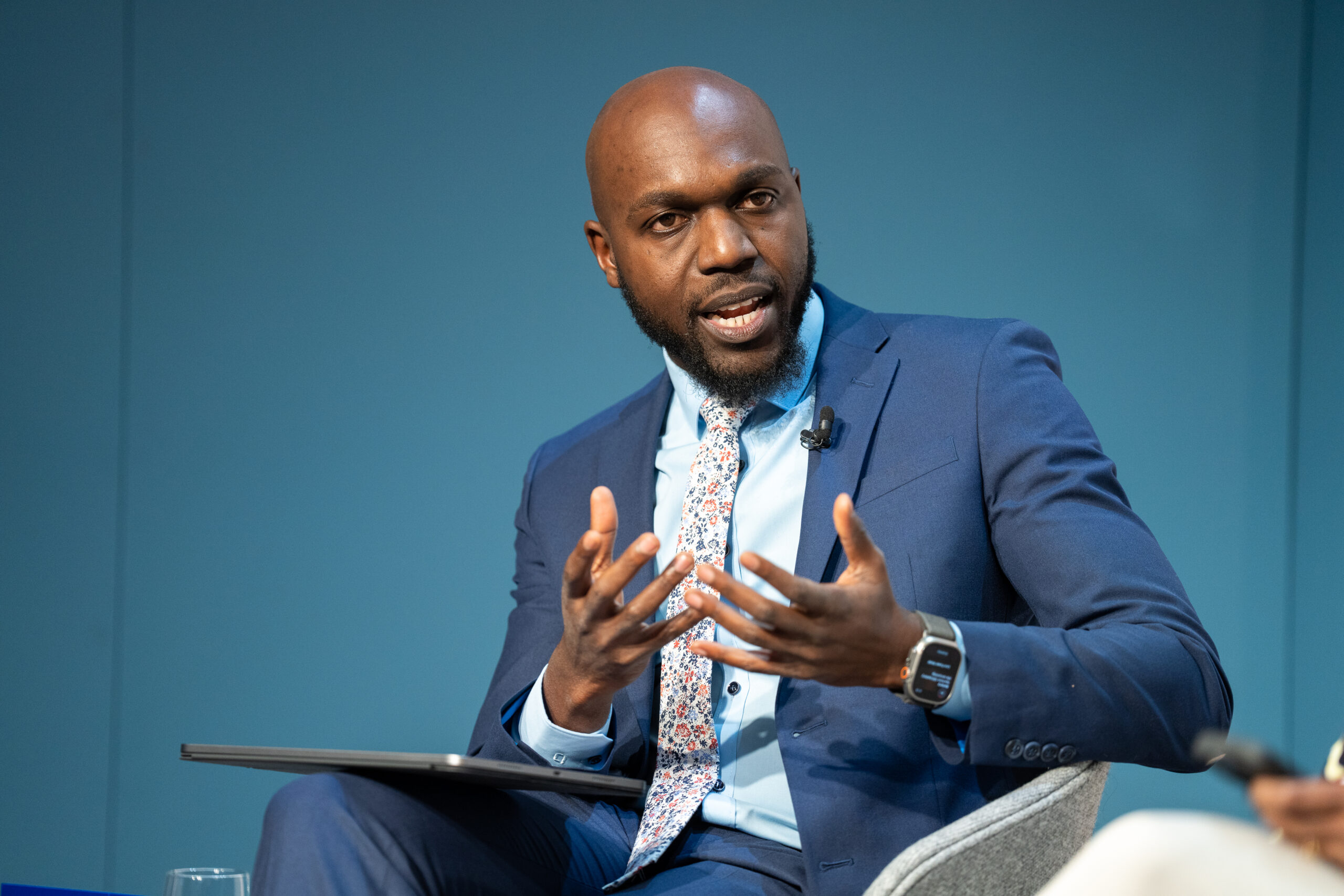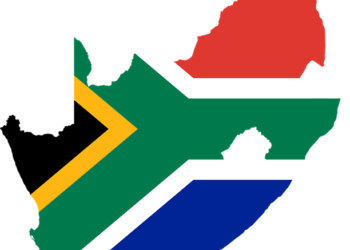Without deep thought, the Ugandan opposition dismissed the tweets as ‘alcohol’ at hand. In response the soldier-man called the politicians ‘imbecile, implying intelligence quotient (IQ) of below 50, thence a dismal ability to detect and solve problems.
Comparatively, the Ugandan opposition needs to scale up its intellectual alertness on foreign relation matters. Their general approach vis-à-vis NRM is unsatisfactory.
Museveni has been engaging foreign lobbyists, such as Rosa Whitaker of The Whitaker Group to guide him to understand the Western mindset in terms of their African policy programs. This always positions him ahead of their actual implementation schedules in order to remain a significant regional ally.
In the mid 2000s, for example, he learned of an imminent Western plan to sponsor African armies to fight the Al-Shabab in Somalia and prepared accordingly. In March of 2007 he became the first African leader to deploy in Mogadishu just a few months after the UN-Security Council and the African Union had created AMSOM—African Union Mission in Somalia.
In this midst, lead opposition leader Dr Kiiza Besigye, continued sounding more native—speaking international issues but more to impress the already converted local audiences. He was in the 2010/11 campaign trails promising immediate troop withdrawal from Somalia upon entering State House so as to redirect the resources toward the welfare improvement of the security personnel.
The FDC spokesman Semuju Ibrahim Nganda was all over media spaces warming to celebrate UPDF losses in Somalia by goat roasting! Little they considered the extent to which such stances undermined opposition prospects among foreign watchers. After experiencing horror-filled security responses to his 2015/6 campaigns; Besigye was comforted with high profiled platforms in America and Europe to share perspectives on Uganda’s commitment to democracy and human rights.
Surprisingly, his dominant theme across city halls was to draw verbal images of Museveni being a typical colonial agent, managing a colonial-police state in Uganda. How was this to concern Western powers? It simply reinforced their faith in the man. During their time, colonialists conducted businesses in colonies on behalf of their posterity of today. Today’s neo-colonialists are even more immersed in securing better futures for their progeny.
Cultivating a different legacy?
In the tweets, Lt Gen Muhoozi Kainerugaba openly declares support for Egypt—warning whoever dares it to tread cautiously or invite Uganda’s wrath. The senior commander and presidential advisor on defense, also condemns the Ethiopian government over its conflict with the Tigray people whom he refers to as his ‘brothers.’ He tacitly owns these positions, referencing them to stories from his deceased grandfather, Amos Kaguta. He recalls that late Kaguta ethnically related Ugandan Banyankole to the people of Egypt and but only to the Tigray among the people of Ethiopia. He tells this well knowing late Kaguta is inaccessible to authenticate the claims.
For this reason, as potential president of Uganda soon, Muhoozi promised to commit the country to defend Egypt and the Tigray when under attack. The Ugandan military officially supports his views only as his own right to express them. But the national army, under currently a different commander-in-chief, does not commit to adhering to them.
Uganda’s official stances on the Ethiopian conflicts have previously been perceived as neutral, with President Yoweri Museveni severally offering to mediate between the belligerents. The implication on paper is that as a possible new president, Museveni’s son will seek to cultivate an own different legacy.
What triggers these proclamations?
The current fierce competition for international geostrategic influence in Africa is a key factor. As the world gradually tends toward reestablishing the old ideological poles; with the West under Washington and East under Moscow and Beijing, developing countries are struggling to recalibrate their foreign policies into these dynamics. In regards to the Ethiopian conflicts, Uganda is perceived alongside Eritrea as well as UAE, China and Russia as the external forces supporting Addis Ababa. Kampala is on record for supporting Ethiopia’s water development pursuits and at the same time advising Egypt and Sudan to consider developing alternative water resources for their needs—specifically the vast River Congo in DRC.
Therefore, the new development offered by Gen Muhoozi is for all intents and purposes not triggered by intoxicants as the Ugandan opposition avers. It is deliberate and purposeful. It contains the implication of reshaping perceptions held by the Western bloc over Uganda.
Western powers, who are clearly pro-Egypt, Sudan and Tigray, are growing in perception that Kampala is turning into a potential regional adversary promoting Russian and Chinese interests in Africa. Like Ethiopia, Uganda and many other African nations have for decades been tightly engulfed by China and it’s pretty hard for them to disentangle from Beijing. China built the current magnificent halls of the AU Headquarters in Ethiopia and many other state houses and buildings for government ministries across the African continent.
It is only the young generational leadership that can detach Africa from the deeply entrenched Chinese connection. This explains the return of foreign-backed military coups this decade, a shift from mass uprisings of the last decade. Muhoozi comes along with both ends—military and generational credentials. The question is can anyone believe him?
Do you have a story in your community or an opinion to share with us: Email us at editorial@watchdoguganda.com












